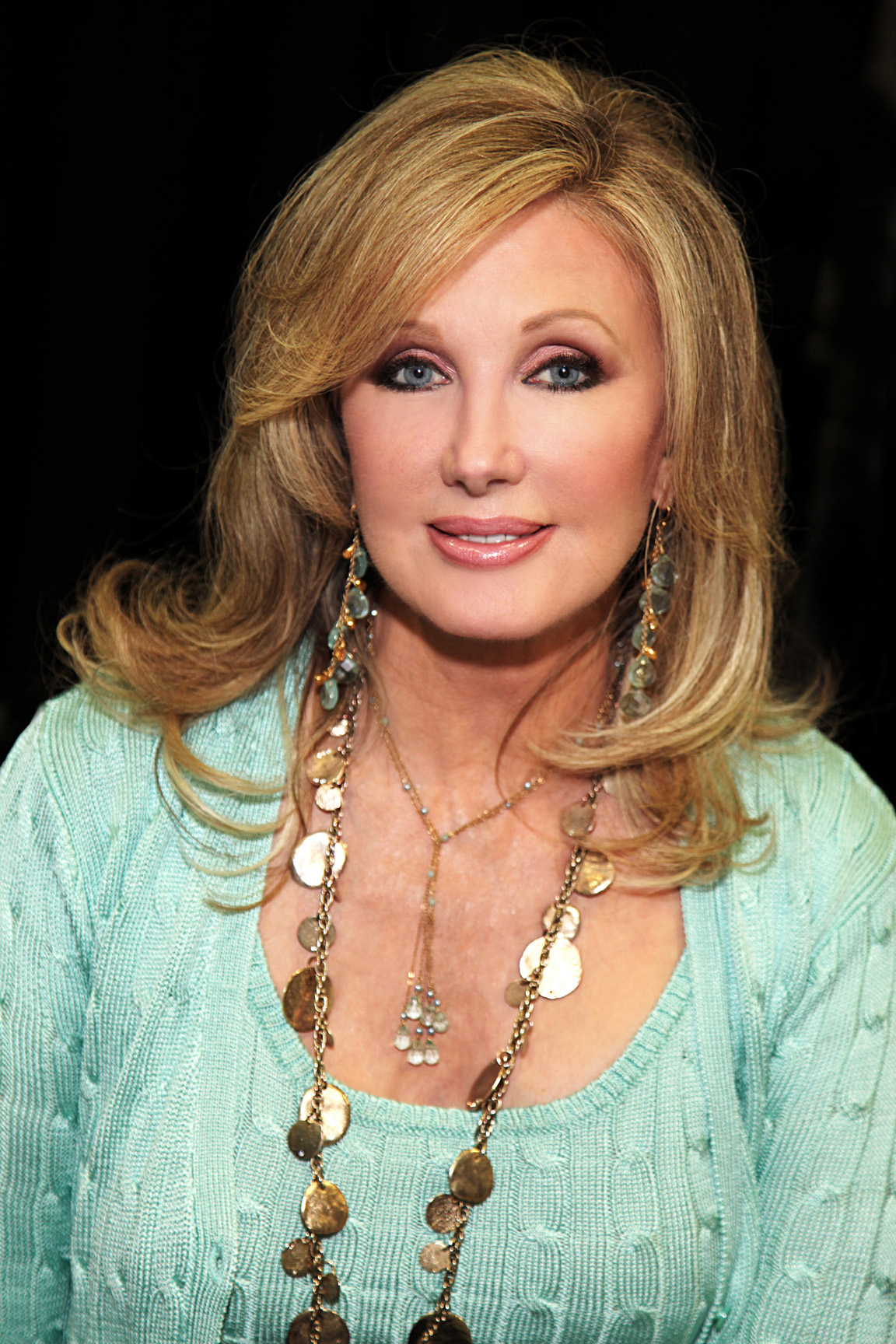Faye Dunaway
Explore the captivating timeline of Faye Dunaway, an iconic actress known for her powerful performances in classic films such as 'Bonnie and Clyde' and 'Chinatown.' Discover key milestones in her illustrious career, spanning from her early beginnings to her enduring legacy in Hollywood.
Faye Dunaway's Birth
Faye Dunaway was born on January 14, 1941, in Bascom, Florida. Raised in a variety of locations due to her father's army career, she attended college at the University of Florida and later Boston University. She eventually found her way to New York City to pursue an acting career, becoming an esteemed actress known for her roles in notable films throughout the 1960s and 1970s. Her early life experiences helped shape her into the versatile actress she became, known for her intensity and commitment to roles.
Breakthrough Role in 'Bonnie and Clyde'
Faye Dunaway achieved stardom with her role as Bonnie Parker in the 1967 film 'Bonnie and Clyde', directed by Arthur Penn. The film was a critical and commercial success and became a landmark in cinematic history. Dunaway's portrayal of the infamous outlaw Bonnie Parker was critically acclaimed, earning her an Academy Award nomination for Best Actress. This role was instrumental in establishing her as a major actress in Hollywood, with her performance praised for its complexity and depth.
Chinatown Release
In 1974, Faye Dunaway starred in the neo-noir classic 'Chinatown', directed by Roman Polanski and co-starring Jack Nicholson. Dunaway played the mysterious Evelyn Mulwray, delivering a performance that has been hailed as one of her best. The film was a box-office hit and was nominated for ten Academy Awards, with Dunaway receiving a nomination for Best Actress. 'Chinatown' is often cited as one of the greatest films ever made, and Dunaway's role was central to its success, showcasing her ability to portray complex and layered characters.
Network Release
The 1976 film 'Network', directed by Sidney Lumet, starred Faye Dunaway as Diana Christensen, a ruthless television executive. Her performance was widely acclaimed, and she won the Academy Award for Best Actress for her role. The film itself was a satirical masterpiece about the television industry and is considered prescient in its critique of media influence and sensationalism. Dunaway's character was pivotal in portraying the manipulative and ambitious nature of television executives, cementing her reputation as a powerful actress.
Mommy Dearest Release
Faye Dunaway starred as Joan Crawford in 'Mommie Dearest', the 1981 biographical film based on the memoir of the same name by Christina Crawford. While the film received mixed reviews, Dunaway's performance brought intense attention as she portrayed the notorious and controlling Hollywood icon in a dramatic fashion. Though criticized for its melodramatic tone, Dunaway's role is iconic, often remembered for the infamous 'no wire hangers' scene, serving as a cultural reference for excessive and demanding behavior.
Honorary Academy Award Presentation at the Oscars
At the 1999 Academy Awards, Faye Dunaway was selected to present the Honorary Oscar to French director Jean-Luc Godard. This high-profile presentation highlighted Dunaway's longstanding connection to the film industry and her respected status amongst her peers. Godard is an iconic figure in the world of cinema, known for his revolutionary contributions, and Dunaway's involvement in presenting this award elevated the ceremony's grandeur. Her appearance underscored her continued relevance in Hollywood.
Emmy Win for Guest Actress in 'Grey Gardens'
In 2009, Faye Dunaway won a Primetime Emmy Award for Outstanding Guest Actress in a Drama Series for her portrayal of a fictional version of herself in 'Grey Gardens'. This accolade marked a significant achievement in her television career, celebrating her ability to continue delivering compelling performances across different media. 'Grey Gardens' was praised for its exploration of the eccentric lives of Edith Bouvier Beale and her daughter, relatives of Jacqueline Kennedy Onassis, and Dunaway's contribution was a memorable highlight.
Off-Broadway Performance in 'Master Class'
Faye Dunaway starred in an Off-Broadway production of Terrence McNally's play 'Master Class', playing the role of the opera diva Maria Callas. The performance was critically acclaimed, showcasing Dunaway's stage presence and her ability to captivate an audience with the emotional complexity she brought to the character. The play revolved around the legendary classes given by Callas at Juilliard, examining themes of artistry and the struggles of maintaining personal and professional integrity in the performing arts.
Appearance in Fashion Film for Phillip Plein
In 2014, Faye Dunaway appeared in a short film for fashion designer Philipp Plein, showcasing his Spring/Summer collection. The film was a blend of high fashion and cinema, marking Dunaway's foray into the fashion industry at an international level. Her presence in the film underscored her enduring glamour and influence in pop culture, bridging her iconic status from film to fashion. Dunaway's appearance in Plein's project demonstrated her adaptability and appeal across different artistic mediums.
Oscar Mix-up Incident with Warren Beatty
At the 89th Academy Awards in 2017, Faye Dunaway and Warren Beatty were involved in a memorable Oscar moment when they announced 'La La Land' as the Best Picture winner, only to be corrected moments later when it was revealed that 'Moonlight' had actually won. The mix-up became a sensational topic across global media, highlighting the unpredictability of live television. Dunaway and Beatty, who co-starred in 'Bonnie and Clyde', were reunited on stage for this presentation, adding nostalgia to the otherwise chaotic moment.
Frequently asked questions about Faye Dunaway
Discover commonly asked questions regarding Faye Dunaway. If there are any questions we may have overlooked, please let us know.
What character did Faye Dunaway portray in the movie 'Chinatown'?
For which film did Faye Dunaway win an Academy Award?
When was Faye Dunaway born?
What was Faye Dunaway's breakout film role?
Related timelines
More timelines connected to Faye Dunaway







